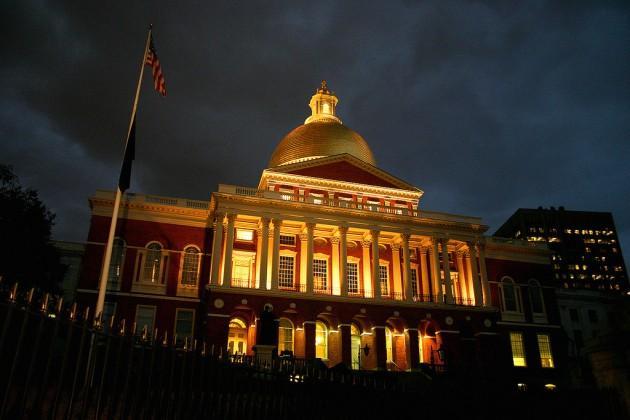Advertisement
Budget Chief: Mass. To Cut Spending By Up To $1.5B

Massachusetts will have to cut spending by up to $1.5 billion in the coming fiscal year to compensate for lagging tax collections and exploding costs in safety-net programs, the state's budget chief said Tuesday.
Administration and Finance Secretary Jay Gonzalez noted that the state has already collected $500 million more in taxes during its current fiscal year.
But in the budget year beginning July 1, it faces a triple whammy: tax collections below where they were before the recession, a loss of $1.5 billion in federal stimulus money, and increasing costs for the government insurance and other safety-net programs.
The state faces tax collections below where they were before the recession, a loss of $1.5 billion in federal stimulus money, and increasing costs for gov't. insurance and other safety-net programs.
Leading the way is MassHealth, the state's insurance program for the financially challenged.
Since Massachusetts enacted its universal health care law in 2006, it has boosted its insurance rate to 98 percent of all its residents. But 75 percent of the newly insured are getting coverage through government-subsidized programs, while only 25 percent got it through employers or on their own.
Gonzalez said "changes will have to be made to many of these programs, and the way the state administers them."
The secretary also said the financial challenges don't simply offer an opportunity for change, "they demand it."
He made his remarks as he kicked off the annual hearing in which House and Senate leaders agree on a projected, or so-called consensus, revenue figure for the coming fiscal year. That figure serves as the basis for the budget documents first offered by Gov. Deval Patrick, then House Speaker Robert DeLeo and, finally, Senate President Therese Murray.
The governor will start the budget debate when he files his bill next week, and it usually concludes just before the fiscal year ends on June 30.
The president of the pro-business Massachusetts Taxpayers Foundation said the budget shortfall could reach $2 billion, without the previous cushions of federal stimulus money or the state's rainy day fund.
"The 2012 budget will require yet another round of cuts in local aid, human services, higher education and almost all other state programs," foundation President Michael Widmer said in a statement.
Among those testifying at the hearing, attended by members of the House and Senate Ways and Means Committees, was Department of Revenue Commissioner Navjeet Bal, Northeastern University economist Alan Clayton-Matthews and David Tuerck of the Beacon Hill Institute.
This program aired on December 14, 2010. The audio for this program is not available.